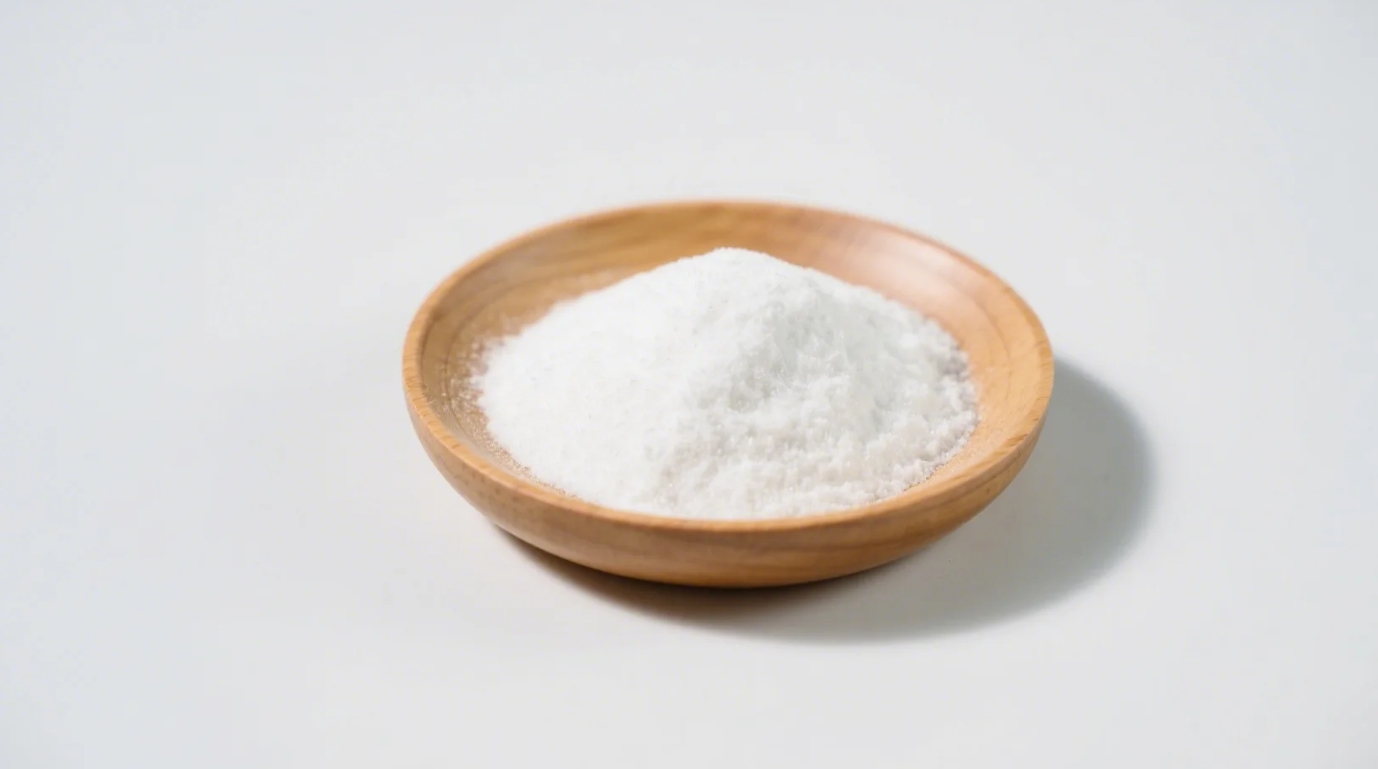Organic dextrose, a naturally derived sugar sourced from non-GMO crops like corn or tapioca, is a versatile ingredient gaining traction in health-conscious kitchens, fitness communities, and clean-label product formulations. But with two primary forms—Organic Dextrose Monohydrate and Organic Dextrose Anhydrous—how do you decide which one suits your goals? Let’s break down their differences, uses, and benefits in this fun yet practical guide.
What is Organic Dextrose?
Dextrose, a simple carbohydrate (glucose), is the body’s preferred energy source. The “organic” label ensures it’s produced without synthetic pesticides or fertilizers, aligning with sustainable practices. Its rapid absorption makes it ideal for quick energy replenishment, baking, brewing, or even skincare.
Monohydrate vs. Anhydrous: The Key Differences
Both forms are chemically identical (C₆H₁₂O₆), but their water content and physical properties set them apart:
- Organic Dextrose Monohydrate
- Structure: Contains one water molecule (C₆H₁₂O₆·H₂O).
- Texture: Slightly clumpy due to moisture retention.
- Best For:
- Baking (adds moisture to breads and cakes).
- DIY electrolyte drinks (dissolves slower for sustained hydration).
- Skincare formulations (gentle exfoliation in scrubs).
- Organic Dextrose Anhydrous
- Structure: Water-free (C₆H₁₂O₆).
- Texture: Fine, free-flowing powder.
- Best For:
- Instant energy gels or pre-workout supplements (quick dissolution).
- Confectionery (prevents crystallization in candies).
- Pharmaceutical applications (stable binding agent for tablets).
How to Choose the Right Form
Ask yourself:
- Need moisture control? Pick anhydrous for dry mixes or humid climates.
- Prioritize solubility? Anhydrous wins for speed; monohydrate for gradual absorption.
- Budget-conscious? Monohydrate is often more affordable due to simpler processing.
Creative Uses Beyond the Basics
- Homemade Sports Drinks: Mix monohydrate with Himalayan salt and lime for a natural electrolyte booster.
- Fermentation Fuel: Anhydrous dextrose accelerates yeast activity in brewing or kombucha.
- Skin Rejuvenation: Combine monohydrate with honey for a gentle, exfoliating face mask.
FAQs
Q: Is organic dextrose keto-friendly?
A: While low on the glycemic index, it’s still a carb. Use sparingly in ketogenic diets.
Q: Can I substitute monohydrate for anhydrous in recipes?
A: Yes, but adjust liquid ratios—monohydrate adds moisture!
Q: Does organic certification matter?
A: Absolutely! It guarantees no harmful residues and supports eco-friendly farming.
Recommended Product
Organic Dextrose Powder
Natural Energy Source for Food, Beverage, Pharma & Sports Nutrition

